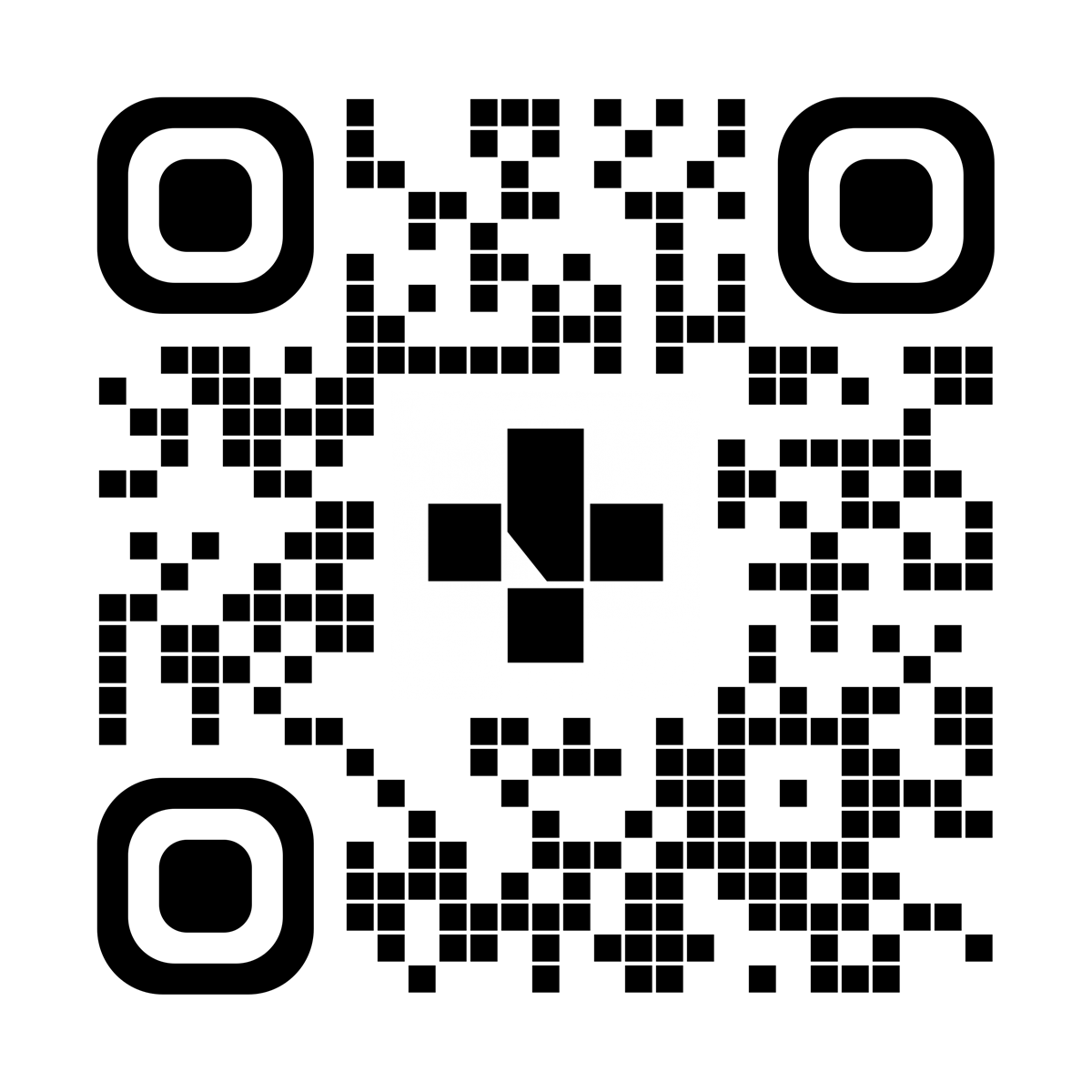Coronavirus Disease (COVID-19)
How to manage symptoms
This information has been translated into other languages – see the links at the bottom of this page.
If you have COVID-19 or think you might, you can expect the illness to go away on its own in about 10 to 14 days. Most people (about 80%) recover from COVID-19 without special treatment. But COVID-19 can cause serious illness. Older adults and people with other medical problems are more likely to get very sick. This can include trouble breathing and pneumonia.
There is a risk of death in severe cases of COVID-19.
COVID-19 symptoms are a lot like symptoms of the flu (influenza) or other illnesses that affect the lungs and airways (called respiratory illnesses). These symptoms include:
- fever
- cough
- shortness of breath
- trouble breathing
- sore throat
- runny nose
- loss of sense of smell or taste
If you have any of these symptoms, you should isolate. To learn more, visit isolation recommendations.
If you are tested, follow instructions at learn about COVID-19 based on your test results.
Other symptoms can include:
- stuffy nose
- painful swallowing
- headache
- chills
- muscle or joint aches
- feeling unwell in general
- feeling more tired than usual or having no energy at all
- feeling sick to your stomach (nausea), throwing up, diarrhea (watery stool), or not feeling hungry
- pink eye (conjunctivitis)
If you have any of the other symptoms, stay home and limit your contact with others until your symptoms go away.
While you’re isolating with COVID-19 symptoms, there are things you can do at home to help yourself feel better:
- Stay home and get extra rest. Staying home will help stop the virus from spreading to others. Extra rest can help you feel better.
- Drink plenty of fluids to replace those you lost from a fever. Fluids also make a scratchy throat feel better and keep nasal mucus thin. Water, soup, fruit juice, and hot tea with lemon are all good choices. Drink enough fluids to keep your urine pale yellow.
- To help clear a stuffy nose, breathe moist air from a hot shower or a sink filled with hot water.
- If the skin around your nose and lips gets sore from blowing your nose a lot, put a bit of petroleum jelly on the area. Always wash your hands after touching your face.
- Raise your head with an extra pillow if coughing keeps you awake at night.
- To help with body aches and headache or to lower fever, try acetaminophen (such as Tylenol). Carefully read and follow all directions on the package. Cough and cold medicines may not be safe for young children or people who have certain health problems.
- Don’t smoke or breathe second-hand smoke. This is good advice anytime, but it’s especially important when you have an illness that can affect your breathing, like COVID-19.
- If you have a dry, hacking cough, you can try cough medicine (cough suppressant) to help stop the cough reflex. Ask your pharmacist which one is right for you. Children under 6 years should not use cough medicine.
- To soothe a sore throat, suck on throat lozenges or plain, hard candy. Don’t give these to children under 6 years.
- Don’t take antihistamines. They don’t treat COVID-19 or flu symptoms and could make nasal drainage thicker.
- If a fever is making you uncomfortable, sponge your body with lukewarm water to lower the fever. Don’t use cold water or ice. Lowering the fever won’t make your symptoms go away faster, but it can make you more comfortable.
- For a stuffy nose, use salt water (saline) nose drops or rinses to loosen the dried mucus.
- Follow the exact directions for taking any prescription medicines.
Learn how to protect yourself and others while caring for someone with COVID-19 at home. See How to Care for Someone with COVID-19 at Home. Complete COVID-19 resources are available at AHS.ca/covid.
You can learn more about COVID-19 from the ECHO research program website. Evidence in Child Health to Enhance Outcomes (ECHO) uses evidence and research to provide information to help improve the health of children in Alberta.
When to get medical advice
If you think you might have COVID-19, take the COVID-19 Self-Assessment. This online assessment will help you know if you need a COVID-19 test.
Call 911 if you are seriously ill and need medical help right away. Tell them that you may have COVID-19.
For example, call 911 if:
- You have severe trouble breathing or severe chest pain.
- You are very confused or not thinking clearly.
- You pass out (lose consciousness).
Call your doctor or Health Link at 811 or get medical care right away if:
- You have new or worse trouble breathing.
- Your symptoms are getting worse.
- You start getting better and then get worse.
- You have symptoms of dehydration, such as:
- having a very dry mouth
- passing only a little urine
- feeling very light-headed
To see this information online and learn more, visit MyHealth.Alberta.ca/health/pages/conditions.aspx?Hwid=custom.ab_covid_19_symptom_mgmt_001.

Related to How to manage your symptoms
Other languages
How to manage your symptoms
For 24/7 nurse advice and general health information call Health Link at 811.
Current as of: April 15, 2025
Author: Adapted from Healthwise
This material is not a substitute for the advice of a qualified health professional. This material is intended for general information only and is provided on an "as is", "where is" basis. Although reasonable efforts were made to confirm the accuracy of the information, Alberta Health Services does not make any representation or warranty, express, implied or statutory, as to the accuracy, reliability, completeness, applicability or fitness for a particular purpose of such information. Alberta Health Services expressly disclaims all liability for the use of these materials, and for any claims, actions, demands or suits arising from such use.
